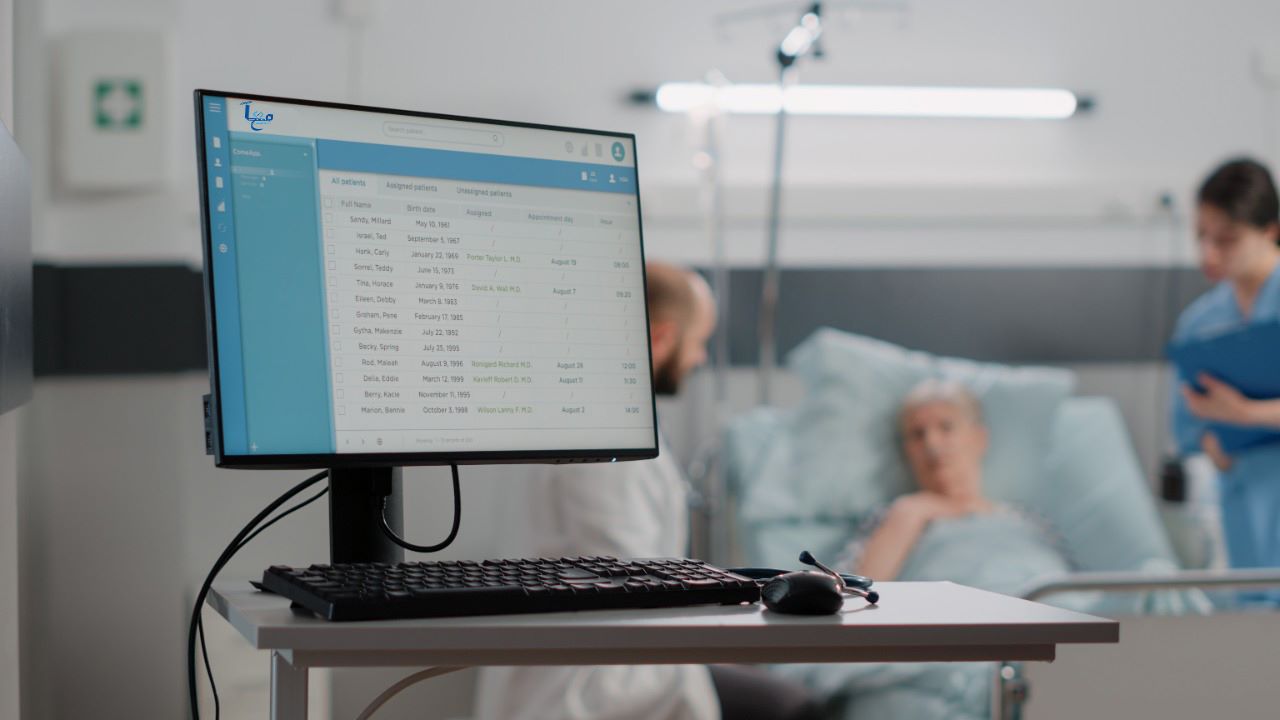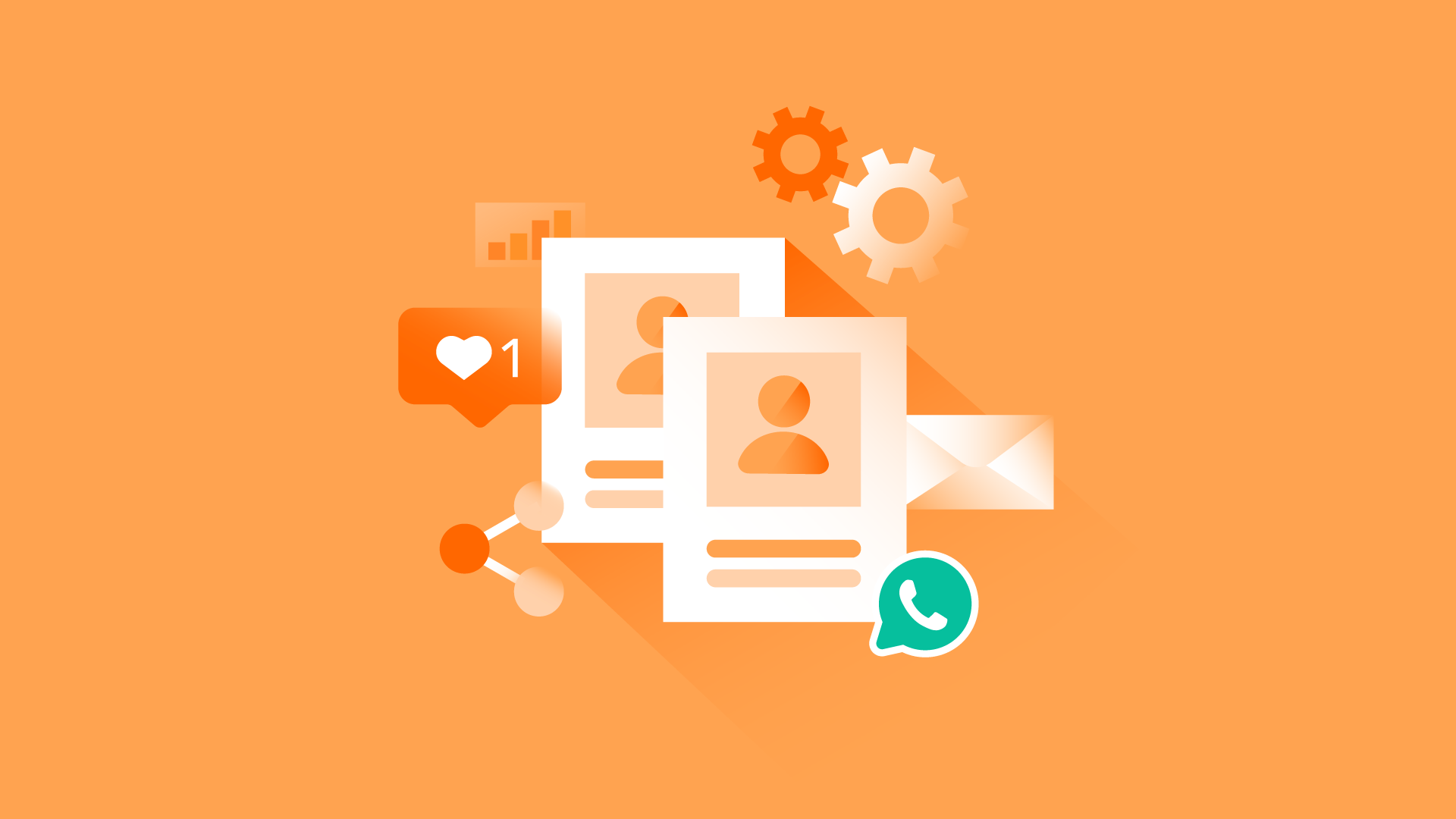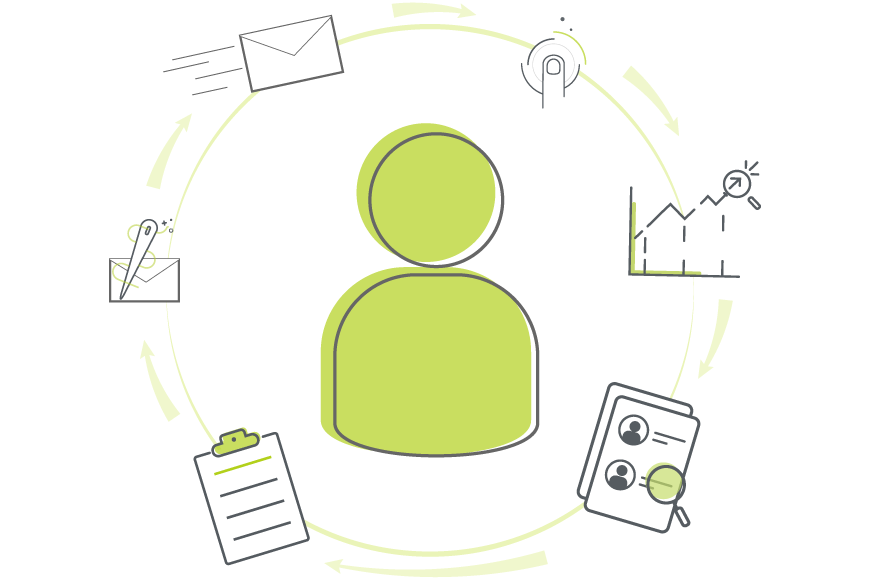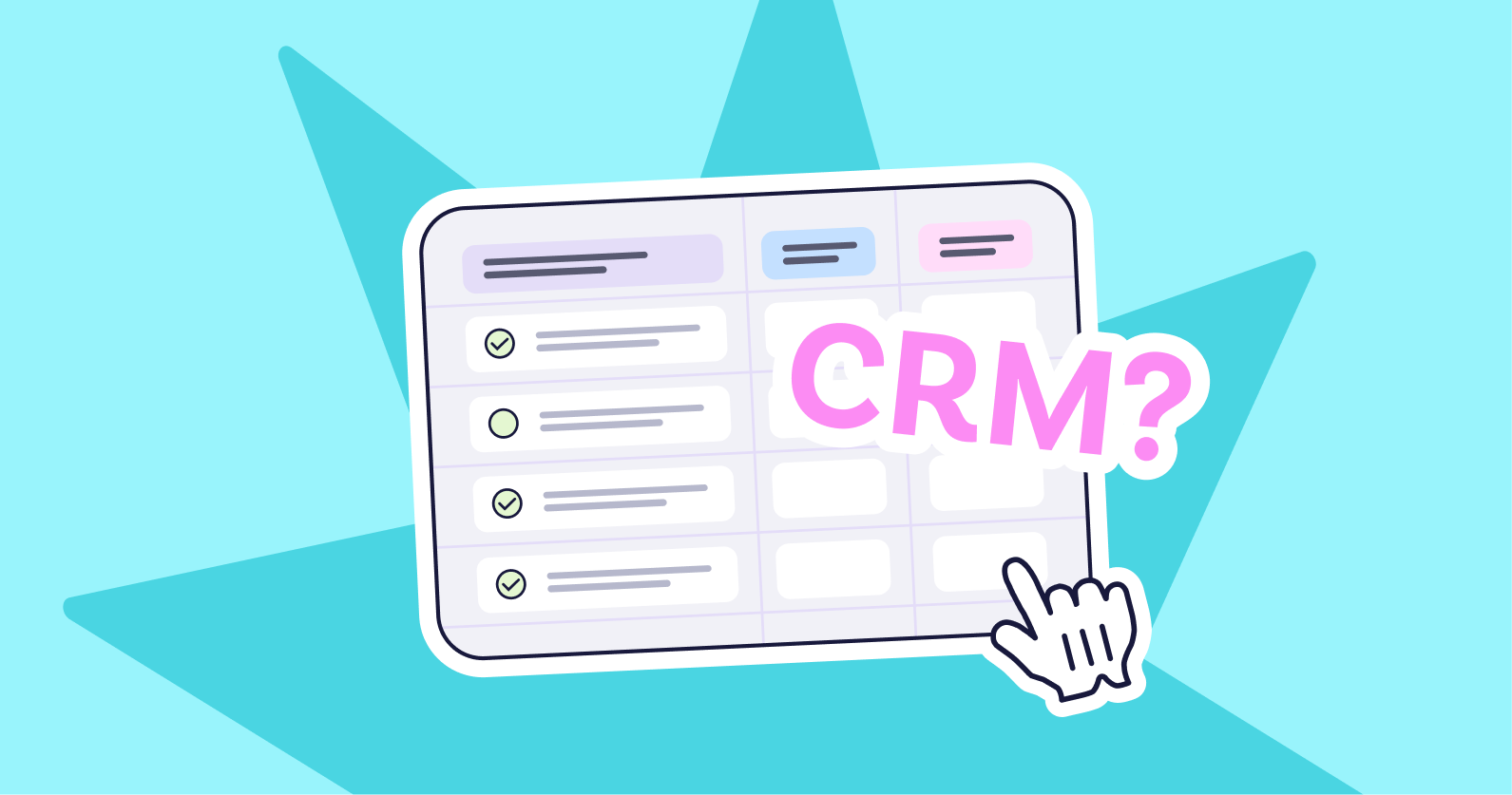Introduction: Revolutionizing Healthcare Management
Modern healthcare is not just about medical expertise; it’s also about managing patient relationships, optimizing operations, and enhancing overall experiences. That’s where CRM systems step in as game-changers. By amalgamating patient data, appointment schedules, treatment histories, and more, these systems empower hospitals to deliver top-notch care while streamlining administrative tasks.
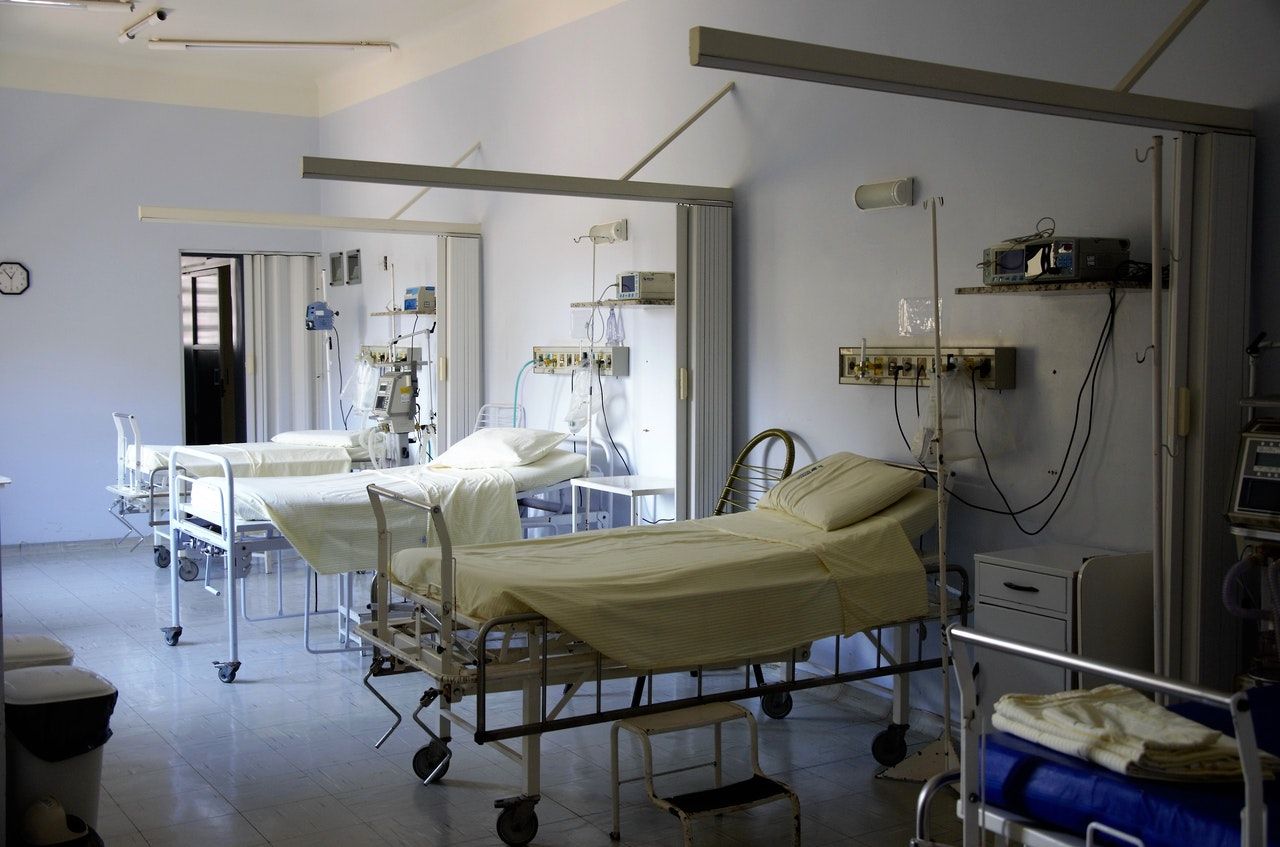
Understanding CRM in a Hospital Context
Before we dive into the advantages and limitations of CRM systems for hospitals, let’s decode the essence of CRM itself. At its core, CRM revolves around understanding, managing, and nurturing customer relationships. In a hospital setting, these “customers” are the patients whose wellness journeys need careful monitoring and support.
Unveiling the Benefits
Enhanced Patient Experience: A well-integrated CRM system allows hospitals to offer personalized care. Patients receive timely reminders for appointments and follow-ups, making them feel valued and cared for.
Data-Driven Decision Making: CRM systems compile comprehensive patient data, aiding medical professionals in making informed decisions about treatments and interventions.
Efficient Communication: Prompt communication among medical staff, including doctors, nurses, and administrators, becomes seamless through centralized platforms.
Streamlined Workflow: Administrative tasks like managing schedules, assigning rooms, and handling billing are automated, freeing up staff to focus on patient care.
Time and Resource Optimization: By reducing manual data entry and paperwork, CRM systems optimize resource utilization and contribute to cost savings.
Multi-Channel Accessibility: Modern CRM systems often offer web and mobile interfaces, enabling authorized personnel to access patient information securely from anywhere.
Insightful Analytics: Hospitals can gain insights from trends in patient data, helping them proactively tailor services to evolving healthcare needs.
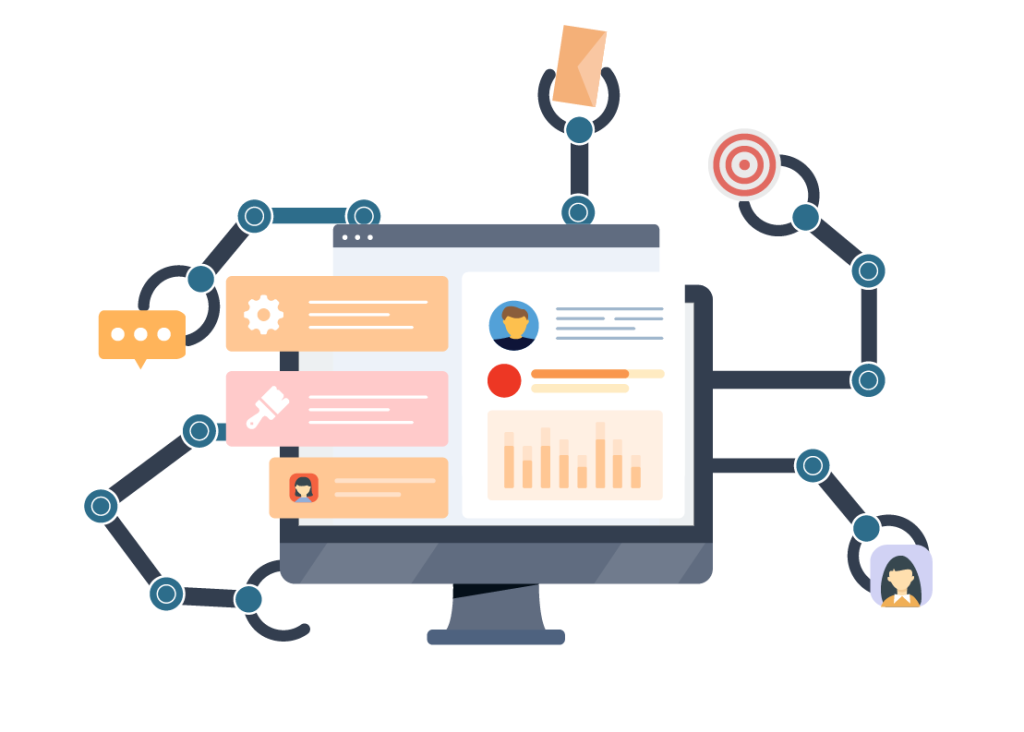
Navigating the Drawbacks
Data Security Concerns: Centralizing sensitive patient data in CRM systems raises concerns about potential breaches and unauthorized access.
Resistance to Adoption: Transitioning to a new system can face resistance from staff accustomed to traditional methods, impacting its efficacy.
Initial Costs: Implementing a robust CRM system involves significant upfront costs, including software, training, and integration.
Automation vs. Personal Touch: While automation enhances efficiency, it may compromise the human touch that’s crucial in healthcare.
Technical Glitches: Like any digital solution, CRM systems can encounter technical issues, disrupting operations if not promptly resolved.
Learning Curve: Training staff to navigate and utilize CRM platforms effectively requires time and effort.
Data Accuracy Challenges: Relying on automated systems may inadvertently introduce errors if not carefully monitored.
Unveiling the Insights: A Comprehensive Table
| Aspect | Advantages | Disadvantages |
|---|---|---|
| Enhanced Patient Experience | Personalized care, timely reminders | |
| Data-Driven Decision Making | Informed medical decisions | Security concerns |
| Efficient Communication | Prompt communication among staff | Resistance to adoption |
| Streamlined Workflow | Automated administrative tasks | Initial costs |
| Time and Resource Optimization | Resource utilization, cost savings | Automation vs. personal touch |
| Multi-Channel Accessibility | Web and mobile interfaces | Technical glitches |
| Insightful Analytics | Proactive service tailoring | Learning curve, data accuracy |
FAQs: Clearing the Cloud of Doubts
1. What is a CRM system in a hospital context?
A CRM system in a hospital context is a digital platform that manages patient data, appointments, communication, and more to optimize patient care and operational efficiency.
2. How does a CRM system enhance patient experience?
CRM systems enable hospitals to offer personalized care, timely reminders, and better communication, enhancing patient satisfaction.
3. What are the potential drawbacks of CRM adoption in hospitals?
Potential drawbacks include data security concerns, resistance to adoption from staff, and the initial costs of implementation.
4. Can CRM systems compromise the human touch in healthcare?
While automation improves efficiency, there’s a concern that it might compromise the personal connection between patients and medical professionals.
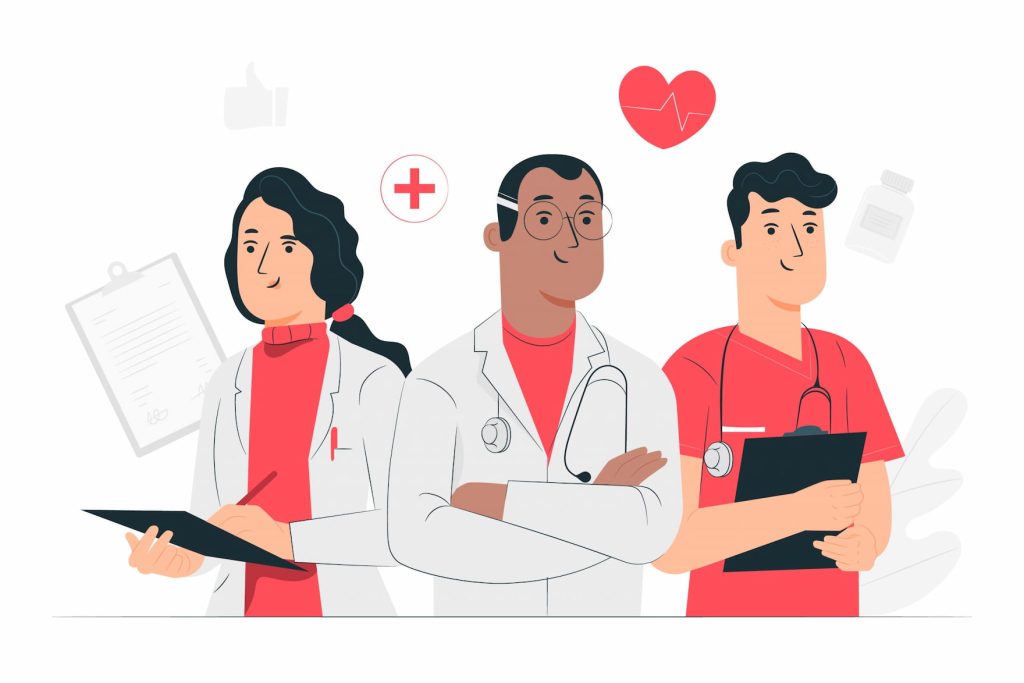
5. How can hospitals address data security concerns with CRM systems?
Hospitals must prioritize data encryption, access controls, and regular security audits to mitigate data security risks.
6. What kind of training is necessary for hospital staff to use CRM systems effectively?
Staff require training on navigating the CRM platform, understanding data input procedures, and ensuring data accuracy.
7. How can hospitals strike a balance between automation and personal touch?
Hospitals can use automation for administrative tasks while ensuring that direct patient care maintains a personal and empathetic approach.
…
Conclusion: Embracing the Future of Healthcare Management
As we conclude this enlightening journey, Bro Teknobook, it’s evident that CRM systems are transforming the healthcare landscape. By capitalizing on the power of data-driven decision-making, efficient communication, and streamlined workflows, hospitals stand to benefit immensely. While acknowledging the challenges like data security and staff resistance, the positives far outweigh the negatives.
Are you ready to take the plunge, embrace the digital wave, and enhance patient care through CRM systems? The future of healthcare management is here, and it’s waiting for you to seize it!

